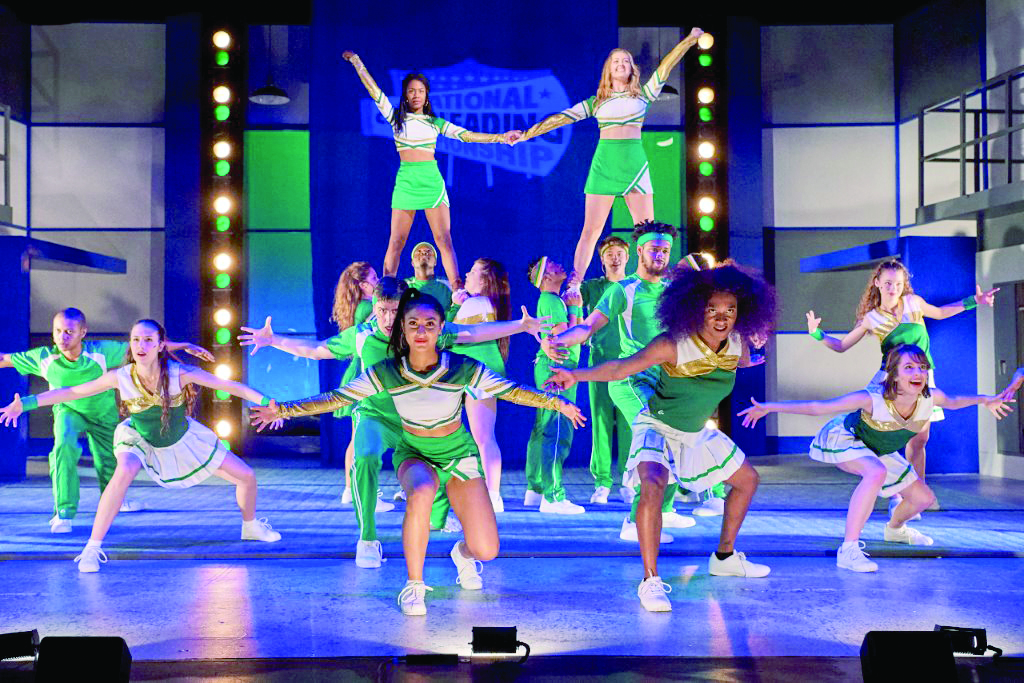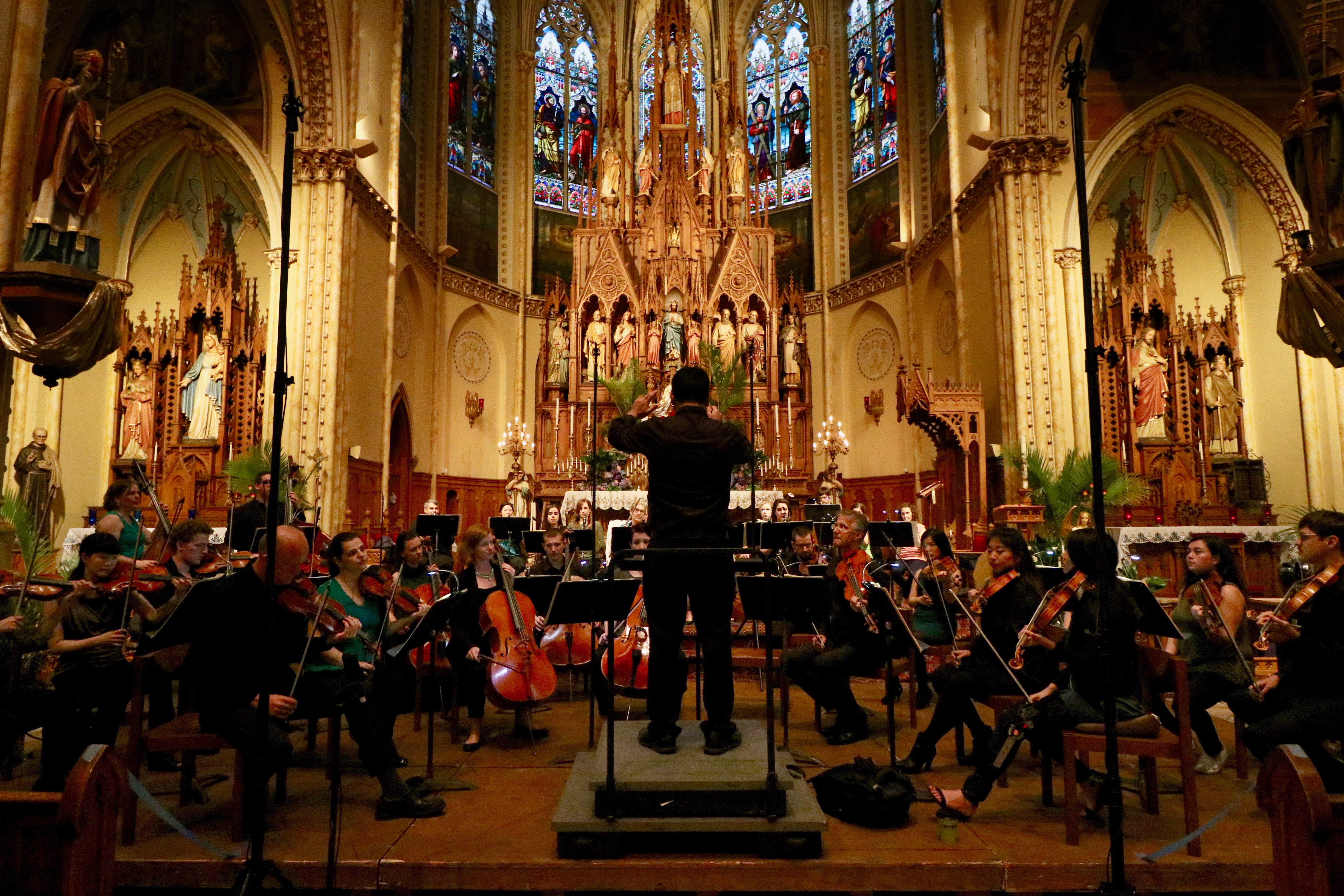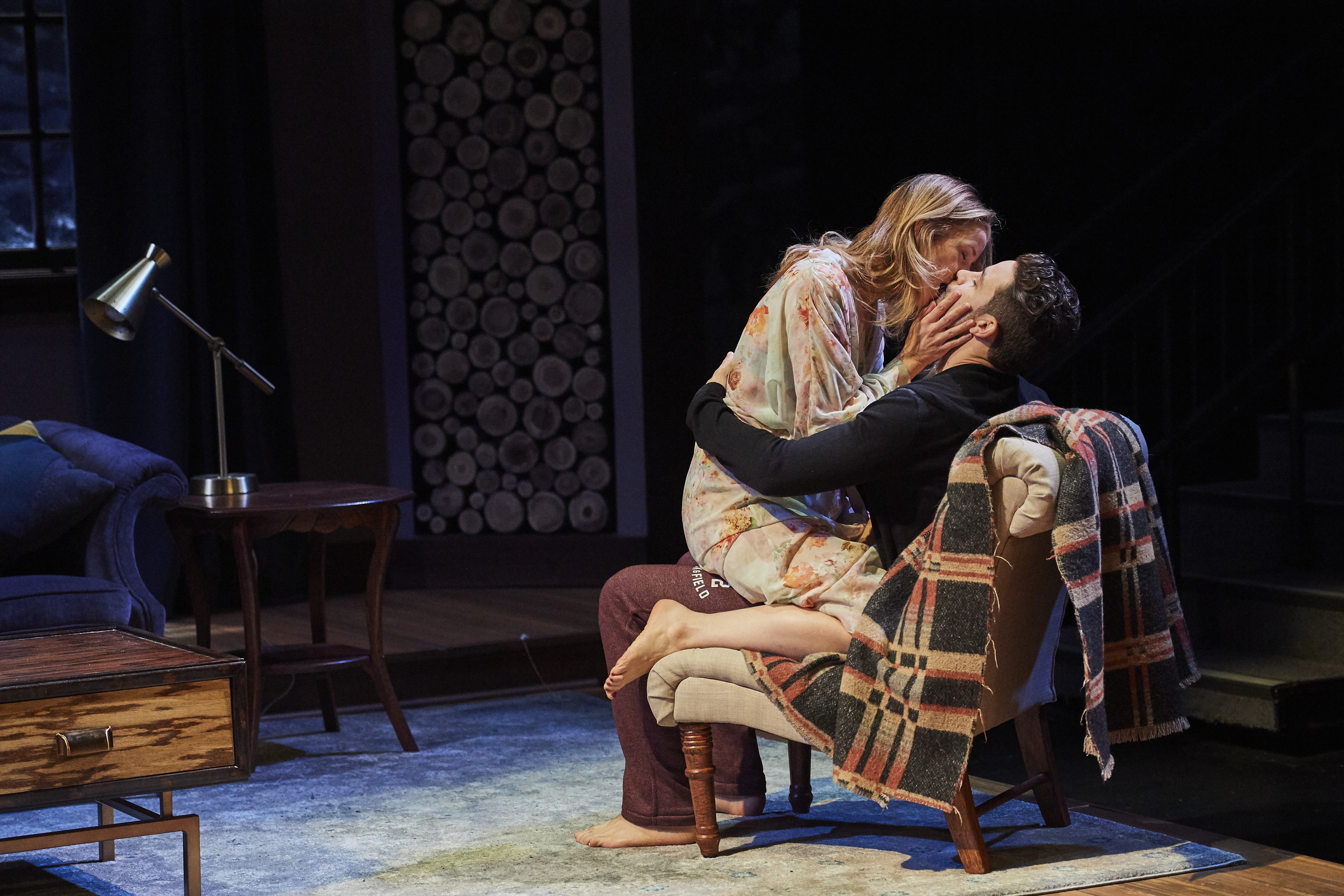Curtain rises on 10 plays at annual Shaw Festival in Niagara-On-The-Lake
By Bob Abelman
The Shaw Festival, which runs from April to October, is in full bloom. Since 1962, our neighbor to the north has offered plays that range from the provocative to the traditional, from musical to melodrama, and from the hands of George Bernard Shaw (who wrote 65 plays from 1878 to 1950) and his contemporaries to modern-day Shavians who share Shaw’s incendiary exploration of society, love of language and celebration of humanity.
Ten plays, produced in staggered repertory, are built from scratch and performed by a residential, 62-member ensemble under artistic director Jackie Maxwell’s creative vision.
Designers William Schmuck and Kevin Lamotte lead teams that collaborate with each production’s director to create set, sound, costumes and lighting that complement the play’s time and text. Meticulous historical and dramaturgical research is combined with creative instincts and artistic risk-taking. As a result, The Shaw’s production values are celebrated as among the best in the world.
The playhouse in which it is staged further enhances each production. The four theaters, a short walking distance from one another, include the modern, 869-seat proscenium-arch Festival Theatre, which caters to large-scale productions; the 327-seat performance space in the Court House Theatre, which was built in the 1840s; the intimate 1913 vaudeville house, called the Royal George Theatre, seating 452 in its main theater; and the 200-seat Studio Theatre with its flexible stage space.
All this takes place in the heart of the charming, historic town of Niagara-on-the-Lake, where the Niagara River meets Lake Ontario. The town — a four-hour drive from Cleveland — is filled with boutique shopping, fine dining and small hotels, and surrounded by bike paths, B&Bs and wineries.
Here is a description of this season’s 10-play repertoire. After 13 years at the helm, this is Maxwell’s final season as artistic director and quite a few creative gambles have been taken. Whether they’ve paid off will be explored in future reviews.

Quite a range of characters populates this “Alice.” PHOTO | David Cooper
“Alice in Wonderland”
This is a newly commissioned musical adaptation of Lewis Carroll’s classic tale of 10-year old Alice’s trip down a rabbit hole into an astonishing world populated by remarkable characters like the Cheshire Cat, the Mad Hatter, the Mock Turtle and the Queen of Hearts. The result merges a deep love and knowledge of the Victorian period with truly innovative contemporary technology. On stage through Oct. 16. Read the full review.
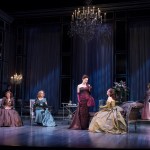
“A Woman of No Importance” runs quite the elegant gamut. PHOTO | David Cooper
“A Woman of No Importance”
In Oscar Wilde’s witty and piercing look at social order, we join the women on the terrace at Lady Hunstanton’s country house to learn how public values affect private lives. It chronicles the pleasure of belonging to the best of society and the pain of being cast out from it. On stage through Oct. 29. Read the full review.
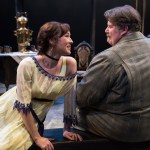
A scene from “Uncle Vanya.” PHOTO | Emily Cooper
“Uncle Vanya”
Funny and heartbreaking, Anton Chekhov’s masterpiece about family loyalty lays bare his characters’ passions, hopes and desires with warmth and poignancy. This new version by Pulitzer Prize-winning American playwright Annie Baker offers a fresh look at this deeply human story. On stage through Sept. 11. Read the full review.

Jesus regards the Black Girl. PHOTO | David Cooper
“The Adventures of the Black Girl in Her Search for God”
When a young African girl is abandoned by her missionary for asking too many questions, she takes the phrase ‘Seek and ye shall find’ a little too literally. She sets out on an adventure to try and find God. But which one? Bernard Shaw’s short story is reimagined as a one-act play by Lisa Codrington in this comic and irreverent adaptation. On stage through Sept. 11.

A scene from Thornton Wilder’s “Our Town.” PHOTO | David Cooper
“Our Town”
Grover’s Corners, an ordinary town in New Hampshire, is rendered with extraordinary care in this American classic. In a play stripped to its essence, we are invited into the everyday lives of the town’s inhabitants and through them witness enduring truths of the human condition. First produced in 1938, this Pulitzer Prize-winning drama has become an American classic and is Thornton Wilder’s most renowned play. On stage through Oct. 15. Read the full review.
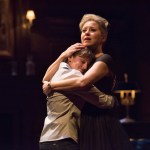
Comfort is key in “Mrs. Warren’s Profession.” PHOTO | David Cooper
“Mrs. Warren’s Profession”
Kitty Warren has worked hard to provide for her daughter, and now that Vivie is about to strike out on her own, her mother decides it’s time for her feminist daughter to finally learn the truth about her mother’s profession. This is a contemporary look at a classic Bernard Shaw play that still challenges our notions of motherhood and the business of sex. Originally banned from public performance, it was first staged at a private men’s club and the production in New York led to arrests. On stage through Oct. 23. Read the full review.

Bursting into gleeful song in “Engaged.” PHOTO | David Cooper
“Engaged”
A comic look at love, marriage and money. We’re in Scotland as yet another train is derailed and the passengers have to stay the night. They include a wealthy bachelor who can’t see a pretty girl without proposing to her and within minutes he’s gotten engaged – twice. And he’s already engaged! Written in 1877, a year before Gilbert and Sullivan’s “H.M.S. Pinafore,” the celebrated team’s librettist, Gilbert, created this satire, which went on to inspire the comedies of Shaw, Oscar Wilde and Noel Coward. On stage through Oct. 30.
“Master Harold’ … and the Boys”
Port Elizabeth, South Africa 1950. In a tea shop owned by his parents, on a long and rainy afternoon, 17-year-old Hally (“Master Harold”) and two middle-aged servants of his parent’s household recall fond memories of times spent together. But when news comes that the boy’s tyrannical father is returning home, the personal becomes political. First produced in 1982, the play was initially banned in South Africa and has since become an enduring, modern classic that continues to speak to inequality and injustice. On stage through Sept. 10.
“The Dance of Death”
Isolated on an island in a reclaimed fortress, Edgar, an army captain, and his wife, Alice, have been tormenting each other for 25 years. Their children have fled, no servant will stay, and when Kurt, Alice’s cousin, arrives, he finds himself drawn into their deadly games. August Strindberg’s darkly comic play has been called the forerunner to Coward’s “Private Lives” and Albee’s “Who’s Afraid of Virginia Woolf” in its bleakly comic look at the travails of marriage. On stage through Sept. 10.
“Sweeney Todd: The Demon Barber of Fleet Street”
Two men arrive in London — one young and hopeful, the other damaged and brooding — and become inextricably linked in a tale of love, revenge and a mysterious secret. Darkly comic and brilliantly unsettling, this is one of Stephen Sondheim’s most celebrated musicals. On stage through Oct. 19. CV
Bob Abelman covers theater and cultural arts for the Cleveland Jewish News. Follow Bob at Facebook.com/BobAbelman3.
Originally published in the Cleveland Jewish News on June 27, 2016.
Lead image: Quite a range of characters populates this “Alice.” PHOTO | David Cooper







